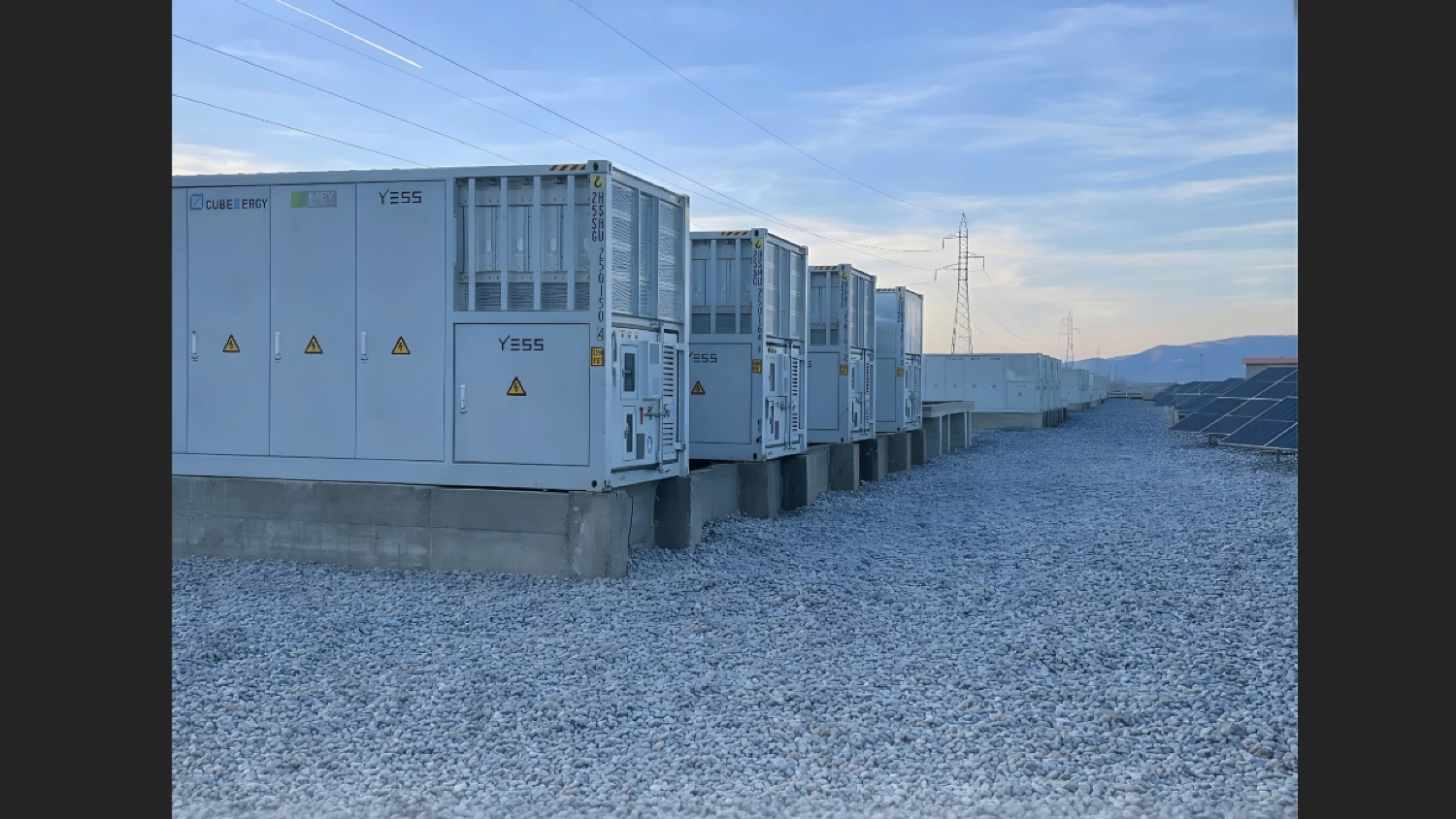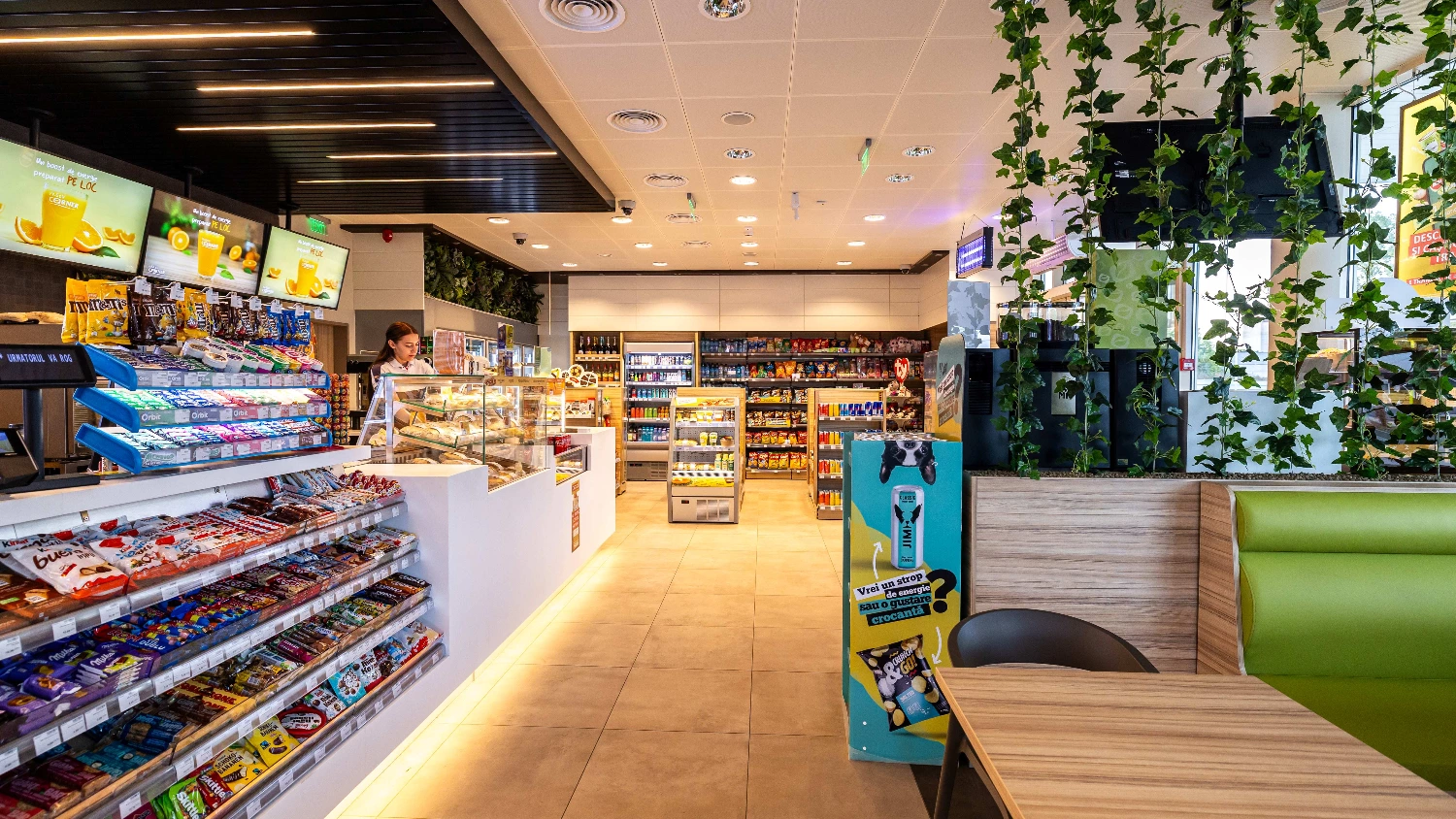MOL Group handed over its new Százhalombatta plant in April, where it produces around 1,600 tonnes of clean, carbon-neutral green hydrogen per year with a 10 megawatt electrolysis unit created by Plug Power. Necessary tasks to start production were carried out, including necessary pressure tests, inspection of the process control system, insertion and connection of the electrolytic cells into the system, and the water treatment system was put into operation as well.
Plug Power's electrolysis equipment uses electricity from renewable sources to break down water into hydrogen and oxygen. This means that no polluting by-products are generated and, in fact, the plant produces 8–9 tonnes of pure oxygen per tonne of hydrogen. The US company has offered MOL an innovative and reliable technology: the hydrogen generators, optimized to produce pure hydrogen, have almost 50 years of operational experience.
“Green hydrogen is a clean and versatile energy source that we currently use for fuel production to reduce our carbon dioxide footprint, and according to our plans, soon it can be directly used in the transportation sector as well. Production and use of green hydrogen helps the green energy transition in an innovative way, which is a fundamental goal of MOL's strategy. After Százhalombatta, we are planning similar plants in Bratislava and Rijeka of which the latter can commence operations in 2026,” said Ádám Horváth, New and Sustainable Businesses Vice President of MOL Group.
The €22 million new plant will reduce the carbon footprint of the Danube Refinery by more than 25,000 tonnes of carbon dioxide per year. The new technology will gradually replace the natural gas-based production process, which currently accounts for one sixth of MOL Group's total carbon dioxide emissions.
MOL Group is an international, integrated oil, gas, petrochemicals and consumer retail company, headquartered in Budapest, Hungary. It is active in over 30 countries with a dynamic international workforce of 25,000 people and a track record of more than 100 years. MOL Group operates three refineries and two petrochemical plants under integrated supply chain-management in Hungary, Slovakia and Croatia, and owns a network of almost 2400 service stations across 10 countries in Central & South-Eastern Europe. MOL's exploration and production activities are supported by more than 85 years' experience in the field of hydrocarbons and 30 years in the injection of CO2. At the moment, there are production activities in 8 countries and exploration assets in 9 countries.
MOL is committed to transform its traditional fossil-fuel-based operations into a low-carbon, sustainable business model and aspires to become net carbon-neutral by 2050 while shaping the low-carbon circular economy in Central and Eastern Europe.











